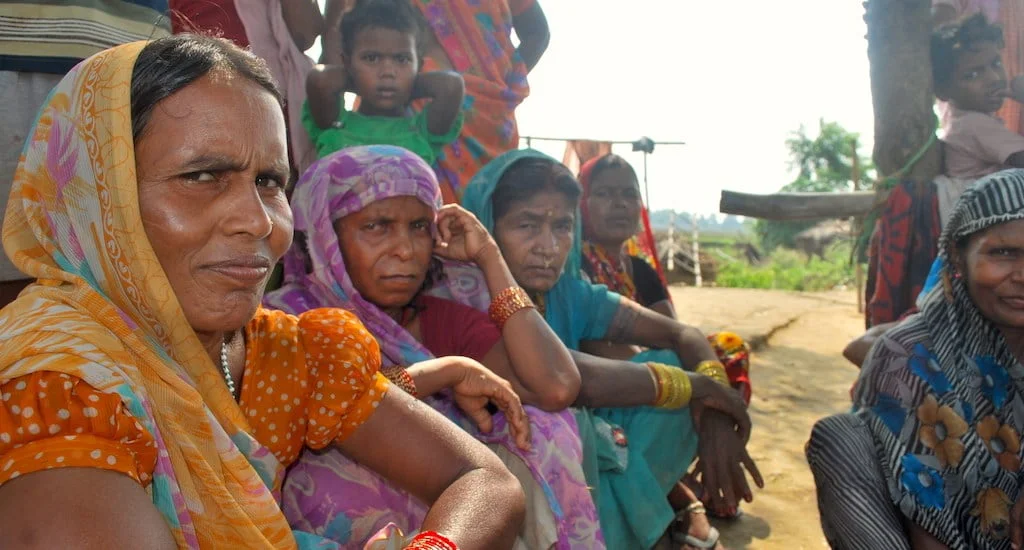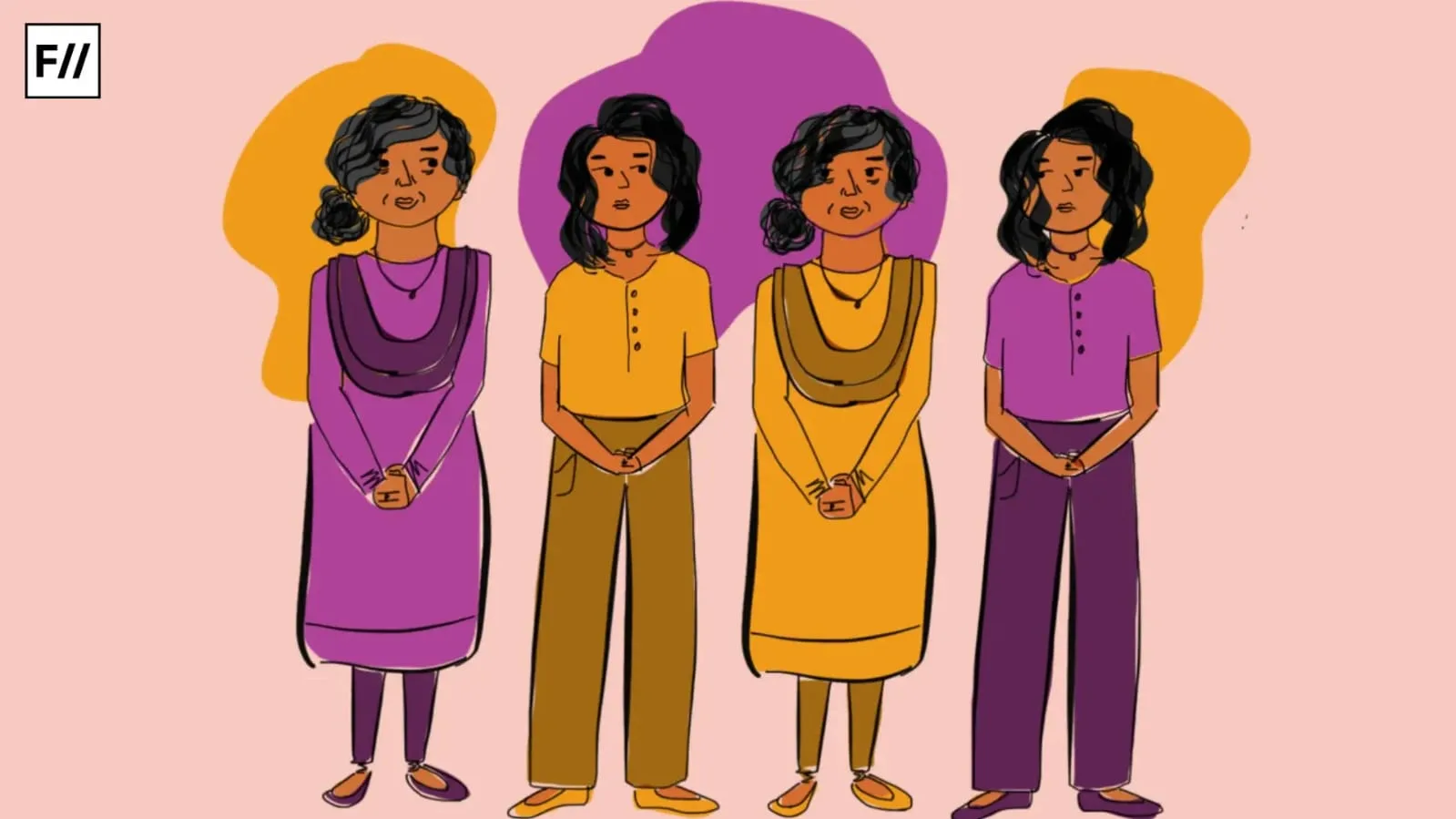About a year ago, I was diagnosed with high-level depression and anxiety. Yes, depression and anxiety. No, not sadness and lethargy. My worst days included me staying in bed all day, not eating and scrolling aimlessly as my friends put up pictures of their happy, lit lives on social media.
Some days, I would stare at my laptop screen for hours not knowing what I was reading. Some days, all the bad memories would run in my mind like a hamster on LSD and I would weep myself to sleep. Some days, I would lash out at my mother because I couldn’t find my favorite piece of clothing. Some days, I would stay silent all day, not uttering even a single word at the dinner table. Some days, I would get anxiety attacks and hide in my office bathroom. Some days, I would drink so much so that I would forget my existence. I had completely lost the strength or will to be happy or even functional.
I did not want to die, but I did not want to live either. In clinical terms, this is called anhedonia – the inability to feel pleasure in normally pleasurable activities. All the things I enjoyed throughout my life – watching movies, reading books, cooking, art, poetry, spending time with friends and family – everything just seemed not worth doing. I was sucked into a black hole of exhaustion, grief, and apathy.
While there were multiple factors that caused my depression and anxiety – moving cities and changing jobs, what made my health worse was my relationship with my partner of almost five years. I had changed cities because of my new job and our long distance relationship gradually took a toll on our mental health. I realised that we would fight every day over the smallest of things and eventually hang up on each other. What I did not realize, to my misfortune, was that my partner was emotionally abusive. What I also did not realize, again, to my misfortune, was that I was being gaslighted by the one person I loved and trusted the most.
It is amusing because when you are in a romantic relationship with your partner, you are in a fiduciary relationship with him/her. While it took me months to realise how toxic our relationship had become because of his behavior and actions, I let my mental health jump into a deep, dark ditch I could not pull myself out of. In the following months, I would question my sanity, self-worth, and confidence based on his lies and manipulation.
Our bodies have an incredible network of neurons. It knows exactly what it needs and when it doesn’t receive it, it gives up and shuts down. The human brain has a funny part called the amygdala, which helps you in situations of danger. It pumps the adrenaline in your bloodstream, triggering the fight or flight response. The human brain might be a fascinating organ but its communication with the heart is a bit messy. Sometimes the amygdala doesn’t account for the dichotomy between the heart and brain. And you fail to see the potential danger in things you think can never harm you as it is masked by all the unicorns, sunshine, and rainbows.
The post-traumatic stress disorder from the abuse, guilt, shame and episodes of anger further deteriorated my health.
My amygdala was definitely telling me to run in the opposite direction from my partner and relationship. But I stopped listening to my body because my beliefs were being shadowed by my partner’s lies. I was not paying attention to my gut, heart, or brain. I was wearing a veil of ignorance because I was justifying all his actions and words. Maybe the distance was causing him to act out or maybe he is feeling lonely or maybe he does not have a support system like I do or maybe he misses me. My closest friends implored me to leave him but I did not listen. “He is gaslighting you”, they said. “No, he can’t be that fucked up”, I would respond. But I knew I was spiraling and there was nothing stopping me. The post-traumatic stress disorder from the abuse, guilt, shame and episodes of anger further deteriorated my health.
Then And Now
Today, I got out of bed, showered, made myself a scrumptious breakfast, and went to work. I reward myself for this with a brownie because a year ago, these tasks seemed next to impossible. I still suffer from depression and anxiety. There are days when I break down and cry in the shower but I have learned to be kind to myself. I no longer beat myself up for not going to the gym or not drinking 8 glasses of water. And the kindest thing I did to myself was get professional help.
As part of my therapy, I reach out to my support system on a daily basis. I am extremely lucky to have the most understanding family and helpful friends, who stand by me at my best and worst. Recently, I reconnected with a few friends from high school, whom I had lost touch with over the years and to my astonishment, I discovered that I was not the only one in this battle against toxic masculinity. The more women I reached out to, the more abuse I discovered. It was painful to listen to the women closest to me narrate tales of how they were forced to ‘give blowjobs’ to men against their will or physically injured due to their partner’s rage or berated for calling out their partner’s lies.
women are labelled ‘psycho’ or ‘hysterical’ for expressing emotions such as anger and sadness.
One of the thousand reasons women do not speak out against intimate partner violence is because of fear. Fear of the knowledge that the person they dearly love is not really who they think they are. This, however, costs millions of women their right to health, and more often than not, violence related mental health problems go unidentified. While I was lucky in getting help from a psychiatrist and clinical psychologist for my trauma and its after effects, many women around me still do not have access to basic health care let alone mental health care.
Women’s Mental Health Is Still Taboo
With the entire nation witnessing the wave of #MeToo and #TimesUp, India needs to understand the gravity of the effects of abuse on women’s mental health. The mention of women with mental illness is rarely made in the legal discussions pertaining to human rights. On a daily basis, women are abused – physically, mentally, and emotionally, without the shred of knowledge that they are being abused. Not just by their boyfriends or husbands but by their bosses, family members, and strangers.
Also read: This Is What Intimate Partner Rape Looks Like
Unfortunately, our society has given men the license to act the way they do because they are not condemned. They are told to ‘not cry like a girl’ or ‘man up’. On the other hand, women are labelled ‘psycho’ or ‘hysterical’ for expressing emotions such as anger and sadness. Positive and negative emotions and actions are coloured by gender. According to the World Health Organization, about 1 in 3 (35%) of women worldwide have experienced either physical and/or sexual intimate partner violence or non-partner sexual violence in their lifetime.
Furthermore, India’s contribution to global suicide death rates increased from 25.3% in 1990 to 36.6% in 2016 among women. Depression, anxiety, psychological distress, sexual violence, domestic violence, and escalating rates of substance use affect women due to pressures created by gender discrimination. Severe life events that cause loss, inferiority, humiliation or entrapment can cause depression and several other mental illnesses.
While the Mental Health Care Act, 2017 was passed by the Parliament with some revolutionary changes such as decriminalisation of suicide and access to discrimination-free healthcare, in a society like ours where patriarchy has dominated the foundations of healthcare and agencies of women’s bodies, it is yet to be seen how the law will be implemented to ensure that women are protected.
Also read: How To Spot Signs Of Emotional Abuse In Your Relationship
With the launch of Ayushman Bharat, India’s very own Modicare, a large section of the population will hopefully have access to medical insurance, which covers mental health conditions, if successfully implemented. While gender parity can be achieved by legislative change, an attitudinal shift is essential, where women are considered equal in their homes and in the society, and where mental health challenges are not overlooked because of social stigma.
Featured Image Source: National Alliance on Mental Illness





Thank you for writing such a relevant topic. I too struggled with a toxic relationship. I haven’t written about it yet but I think I might after reading your article. Thanks again. Charlotte